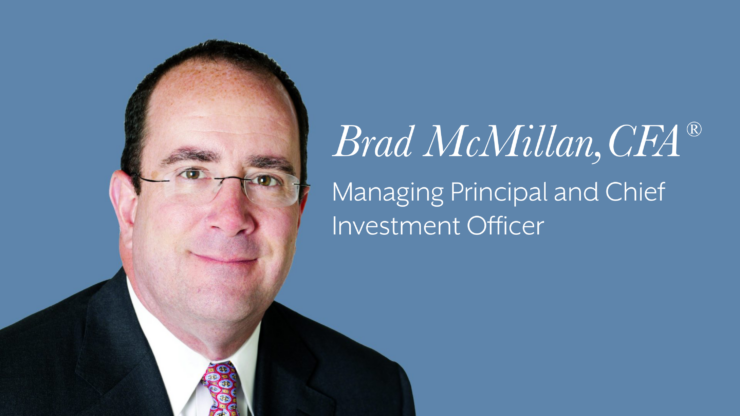Reducing Financial Confidence “Atrophy” With Your Financial Advisor
October 5, 2021
Most people are familiar with physical atrophy, which is defined as a deterioration, wasting away, or reduction caused by non-use.
But, this same concept of “atrophy” can be applied to your financial confidence, as well. Specifically, in the planning you have already done with your financial advisor.
If we were to define financial confidence “atrophy,” it would be a reduction of your confidence in the financial plan and strategies you arranged with your financial advisor. Even the best-designed financial plans can feel as if they “atrophy” without regular discussion and updating with your advisor.
Let’s take a look at how this typically plays out.
A client, who we will call Genevieve, came to our office for her scheduled semi-annual review. Right at the beginning of the meeting, she mentioned that she had been thinking about her financial plan, especially as she approached retirement. She was starting to have doubts about her strategy. In other words, her confidence was starting to atrophy.
Genevieve readily admitted that she always feels better after meeting with us because her financial plan and investment strategies are reinforced. We always make a point to refresh her on how to get her confidence back by remembering the “what” and “why” of all the aspects of the financial plan that we originally put in place.
It is not unusual for clients to get “into their own head” when thinking about their existing financial plan – questioning and developing anxiety over whether everything is “just right.” More often than not, we find it helpful for our clients to think of financial planning as an ongoing and dynamic process rather than a single event. As life changes, so too will their financial plan.
The review process, whether annually, semi-annually or whatever frequency is agreed upon, is a key part of financial planning. Financial planning is meant to be dynamic, not static. With regular reviews, clients recall what they are doing and why they are doing it. These reviews are crucial for clients’ understanding of the plan and serve to reduce confidence atrophy. A client should leave every advisor meeting with focus and a renewed sense of where they are in the implementation of the financial plan. Ideally, there should be no gray areas.
Specifically, in Genevieve’s case, we reviewed her looming Social Security situation and the cash flow strategies we would incorporate to cover her expenses until she reached her Full Retirement Age (FRA). Her pension benefits were also expected to kick in soon, so we went over how we planned to minimize her tax bill as she received income from both her pension and Social Security.
An additional concern for Genevieve (and many clients nearing retirement) is the volatility of their investment portfolio. The fear is that the financial markets will drop just as she is retiring and she will be susceptible to sequence of return risk. To help assuage these concerns, we review both the client’s asset class diversification strategy and revisit how we set up separate “buckets” of money for different purposes.
These regular reviews help Genevieve continue to feel confident in her plan regardless of what happens in the financial markets. A strong plan and ongoing review system will assure her that she is still on track for a very successful retirement.
If you find yourself lacking confidence in your retirement strategies or are in need of a trusted financial ally to review or update your current plans, feel free to contact the advisors at Williams Asset Management to schedule a call today.


